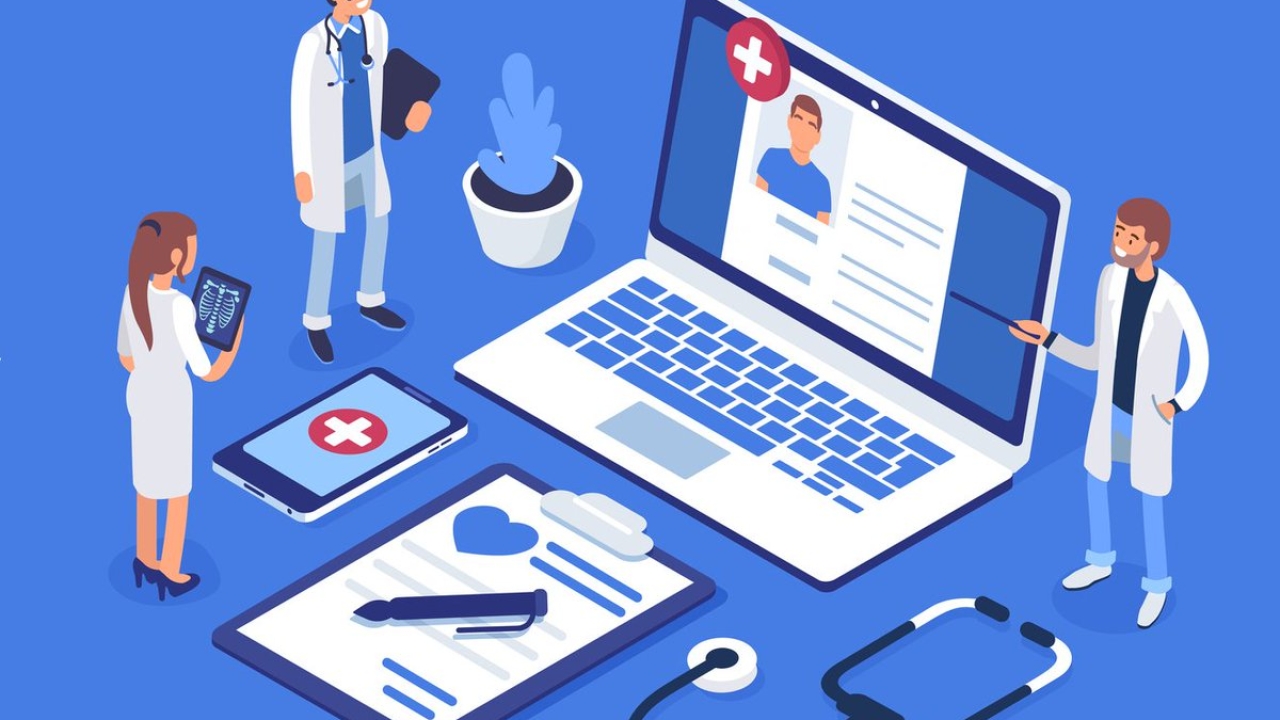How Clinic Management Software Can Improve Patient Care and Satisfaction
Posted on 15 March, 2023 by Ayesha Faima

In the rapidly evolving healthcare industry, providing quality patient care has become more challenging than ever before. With the increasing number of patients, the need for seamless coordination and communication among healthcare providers has become critical. This is where clinic management software can prove to be a game-changer. Clinic management software helps healthcare providers to manage patient data, appointments, and medical records, and facilitates communication among care teams. In this blog, we will explore how clinic management software can improve patient care and satisfaction.
Improved Patient Data Management
One of the biggest benefits of clinic management software is the ability to manage patient data more effectively. With a robust clinic management software, healthcare providers can easily access and update patient information, including medical history, diagnoses, and treatments. This means that healthcare providers can make more informed decisions about patient care, resulting in better outcomes. Moreover, healthcare providers can also use this information to identify and address any potential health risks, ensuring that patients receive proactive care.
Efficient Appointment Scheduling
Another key benefit of clinic management software is the ability to manage appointments more efficiently. With a centralized system, healthcare providers can schedule appointments more easily and quickly. This reduces the risk of appointment scheduling errors and ensures that patients receive timely care. Furthermore, patients can book appointments online, reducing the need for phone calls and improving the patient experience.
Streamlined Medical Record Management
With the help of clinic management software, healthcare providers can manage patient medical records more effectively. This includes storing and accessing patient records securely, ensuring that only authorized personnel can access sensitive patient information. Additionally, clinic management software can help healthcare providers to identify gaps in care, such as missed appointments or incomplete medical records. By addressing these gaps, healthcare providers can improve patient outcomes and reduce the risk of medical errors.
Improved Communication and Collaboration Among Care Teams
Effective communication and collaboration among healthcare providers is essential for providing quality patient care. Clinic management software can help healthcare providers to communicate more effectively and collaborate more efficiently. With the help of a centralized system, healthcare providers can share patient information, exchange messages, and collaborate on treatment plans. This results in better coordination of care and improved patient outcomes.
Better Patient Engagement
Patient engagement is a critical factor in providing quality patient care. Clinic management software can help healthcare providers to engage patients more effectively by providing them with access to their medical records, appointment schedules, and treatment plans. Patients can also receive reminders and alerts about upcoming appointments and medications, helping them to stay on track with their care. Moreover, patients can communicate with healthcare providers more easily and ask questions about their care, resulting in a more informed and engaged patient population.
Reduced Administrative Burden
One of the biggest benefits of clinic management software is the ability to reduce administrative burden on healthcare providers. With a centralized system, healthcare providers can automate many administrative tasks, such as appointment scheduling, medical record management, and billing. This reduces the time and effort required for these tasks, allowing healthcare providers to focus more on patient care. Additionally, automated billing can help to reduce errors and improve revenue cycle management.
Improved Patient Satisfaction
All of these benefits ultimately lead to improved patient satisfaction. When healthcare providers are able to provide high-quality, coordinated care, patients are more likely to be satisfied with their experience. Patients appreciate the convenience of online appointment scheduling and access to their medical records. Moreover, improved communication and engagement with healthcare providers can result in a more positive patient experience.
Conclusion
Clinic management software can be a game-changer for healthcare providers looking to improve patient care and satisfaction. By improving patient data management, appointment scheduling, medical record management, communication and collaboration among care teams, patient engagement, and reducing administrative burden, clinic management software can help healthcare providers to provide high-quality, coordinated care.